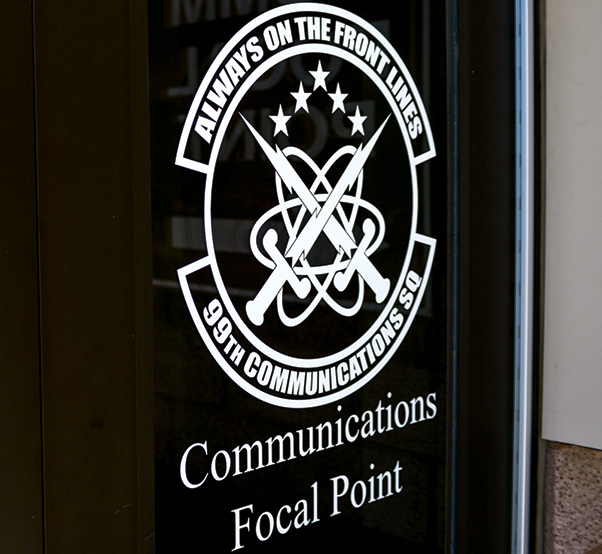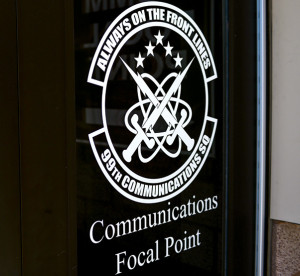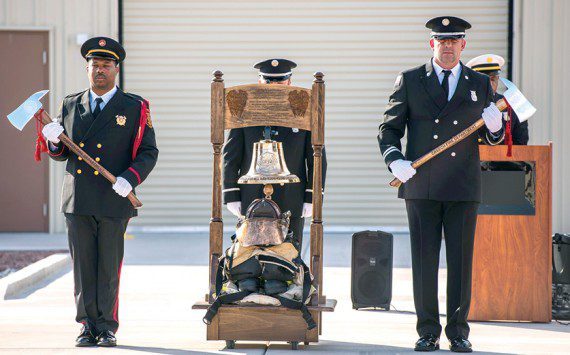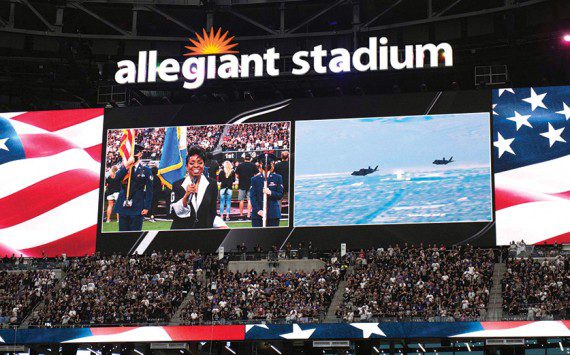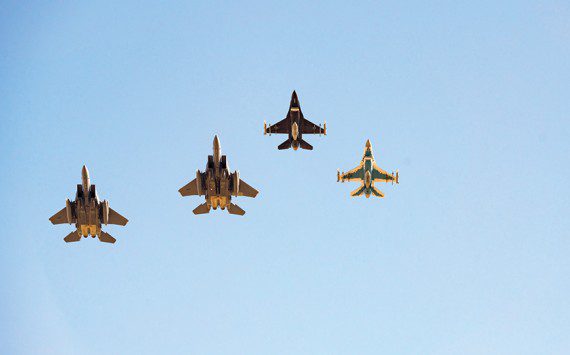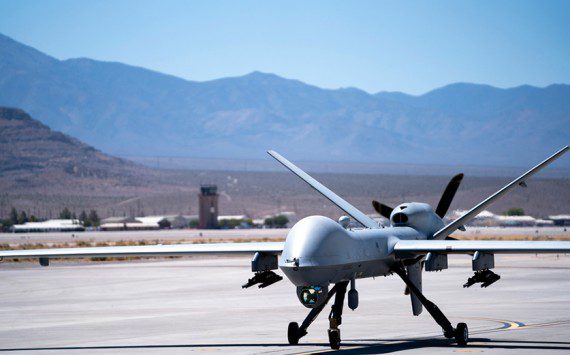Courtesy photo
NELLIS AIR FORCE BASE, Nev. — Handling the load of over 11,000 Airmen’s communication on Nellis Air Force Base is a job that rests on the shoulders of the 99th Communications Squadron.
Recently, the 99th CS has implemented a new strategy in order to ensure that customer service on Nellis AFB is readily available to all and that the missions of all base organizations can be accomplished.
When opening a ticket with the 99th CS, the first thing that Airmen will encounter is the client service center, also known as the communications focal point.
“The client service center here is the communications focal point for a lot of different issues, it’s the initial insertion into the communications squadron,” Master Sgt. Steven Sweeden, 99th CS section chief client service center. “Similar to Civil Engineering, when you call in a trouble ticket for your air condition being out, you don’t call directly back to the AC shop, you call the focal point. That’s what we focus on here.”
In the past, the communications focal point was only composed of one Air Force Specialty Code handling the workload, but recent changes have been made in order to complete the mission more successfully.
“The communications squadron here at Nellis was working off the capacity of one AFSC in the client service center,” said Sweeden. “Now, it’s four offices, where it was three before. So it was the communications focal point, which happened to have back shop inside of it, executive communications, handling O-6 and above and command chiefs, and then the asset management office, who handles tracking computer assets and cellular accounts.”
With the splitting of the center into four separate departments, there will be the addition of another office that can be more hands on fixing customer issues.
“The communication focal point has split into two offices,” said Sweeden. “So now it’s a communications focal point, which Airmen initially call, and now we’re going to have a CST office, client services team, with a back shop office of computer technicians. They’re the Airmen who are actually going to be able to come out and fix the computers or get you back on the network or bring your printer online.”
With this addition, the 99th CS service center will be able to provide more services to customers as well as direct communications tickets.
“Basically our goal is five minute customer service,” said Tech. Sgt. Luis Figueroa, 99th CS NCO in-charge of the communications focal point. “If a customer calls and has an issue with a computer and it’s a question that we can handle in a five minute time period, we will go ahead and address that issue to the best of our ability. We want to make sure that we are providing the same level of customer service from each technician. We won’t go too deep into touch maintenance, unless it’s absolutely an emergency. Otherwise, we’re a call center where we collect, disseminate, track and report all communication related issues to the back shops, to our squadron leadership and as high as the Commander of Air Combat Control.”
Since the 99th CS will be able to provide these services from one centralized area, the process of closing a ticket will become a much simpler one.
“Whenever you call in, you’ll talk to the communications focal point, and from there they will gather information to see where that ticket needs to go and who needs to fix it,” said Sweeden. “It may need to go to multiple entities within the communications squadron, maybe one person has to look at it and fix something, first, and then it goes to another so the ticket will be closed out faster.”
Combining all the different AFSCs into one office provides a larger skill set and knowledge base that will be available to the 99th CS when attempting to close out mission critical tickets.
“A lot of the systems that we were using were handled by the special AFSCs,” said Figueroa. “For example, preventative maintenance inspection tracking was basically done by radio personal because they were the only Airmen within the unit that had equipment that needed those preventative inspections. So, we brought in one person from radio to teach everyone how to track and disseminate and track PMIs. Another example is authorized service interruptions, which was handled by our infrastructure work center. So we have an infrastructure Airmen slotted in the CFP to teach everyone that system.”
“We’ve taken and pulled Airmen from multiple career fields, and merged them into one office, so that there’s a wide variety of skills and knowledge,” said Sweeden. “We did this to better understand the different mission set on the installation, and understand how a particular outage at any level impacts the mission across the installation.”
In understanding the different mission’s base wide, the 99th CS can focus on providing exceptional service to support these missions.
“In the communications squadron we are very focused on ensuring communications are available when they need to be available,” said Sweeden. “It’s a huge thing now with mission-assuring communications. It’s not just about kicking someone off when they’re not compliant with security, the whole point is to ensure that communications are available to support the missions.”
Not only is the 99th CS committed to providing mission support, they are also committed to providing exception service to Airmen.
“We’re also very focused on ensuring that it’s an easier process for customers,” said Sweeden. “We aim for the same level of customer service across the board. We want to streamline the process and properly track the workload that the communication squadron accomplishes.”






